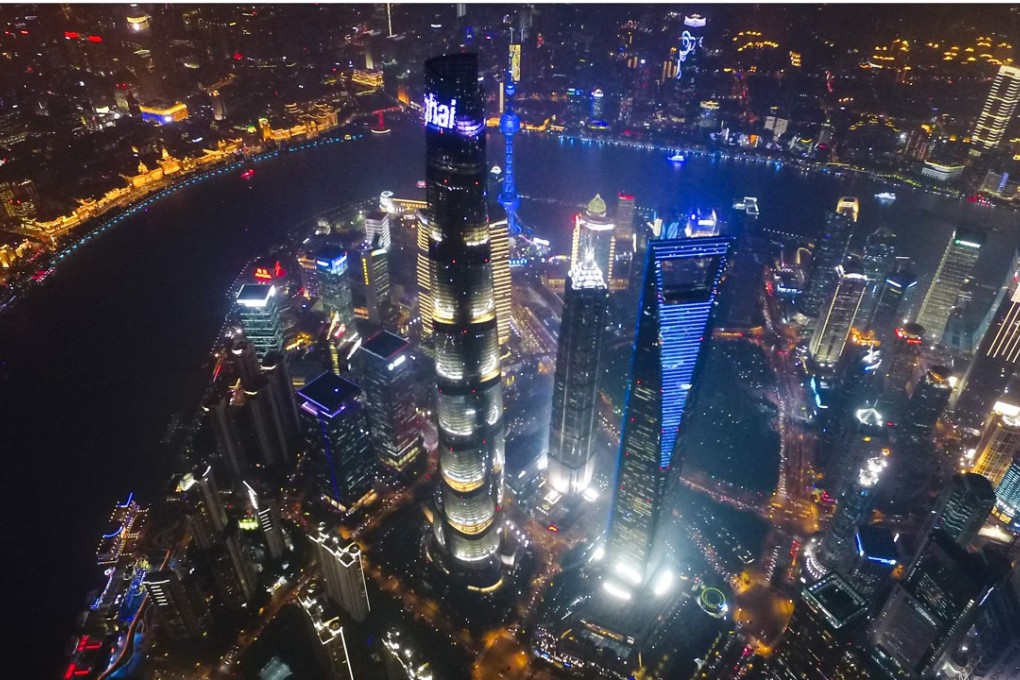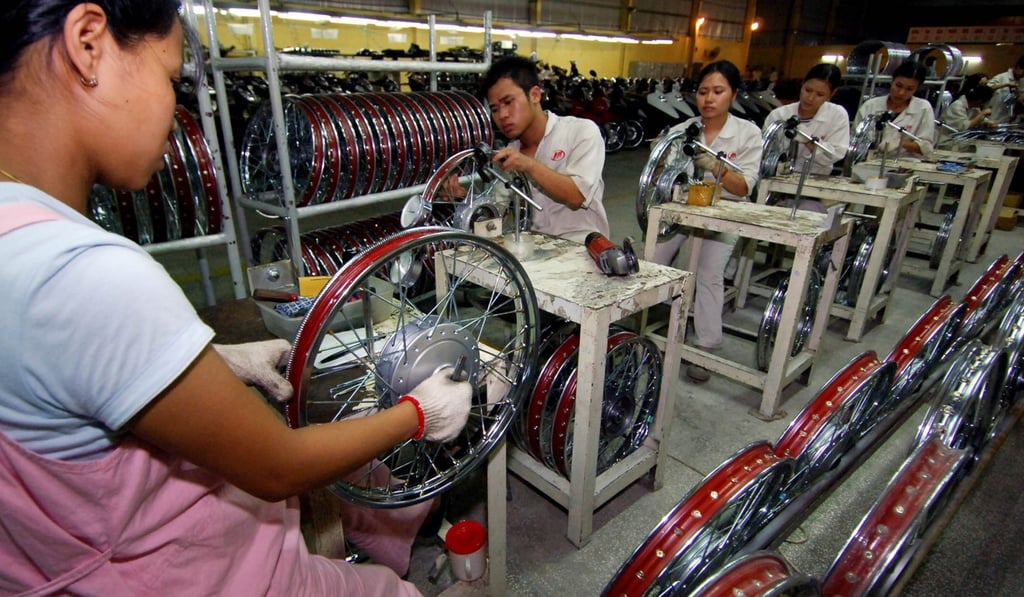Concrete Analysis | Trade war is not all gloom and doom for China’s property market as logistics firm boost warehouse leasing
- Domestic e-commerce and third-party logistics firms have accounted for nearly 80 per cent of warehouse leasing activity in the first half of 2017

The US-China trade relationship has clearly entered unchartered territory. The introduction of new and retaliatory tariffs indicates that no resolution is in sight. But where commercial real estate is concerned, it is not all doom and gloom, with several factors potentially alleviating any collateral damage arising from the conflict.
Firstly, China’s economy. The economic landscape in China has remained healthy this year on most metrics, despite the slowest quarterly gross domestic product rate in nearly a decade that was just registered. Secondly, a relatively robust domestic demand story and ongoing infrastructure projects will cushion the short term blows from a prolonged trade conflict.
But there are certain segments of the real estate market that remain more vulnerable. For example, companies operating on a low-cost, labour-intensive business model are most susceptible to the effects of a prolonged trade conflict.

To buffer the exodus of firms, China has eased restrictions on foreign direct investment. This policy shift has succeeded in attracting the likes of Tesla, which announced plans to construct a Gigafactory in Shanghai, and BASF, which will develop the first wholly foreign-owned chemicals complex in China.
Moreover, as China further develops into a key hub for value-added manufacturing, we anticipate that many Asia-based electronics companies will choose to continue production on the mainland to serve markets not engaged in the trade conflict.
